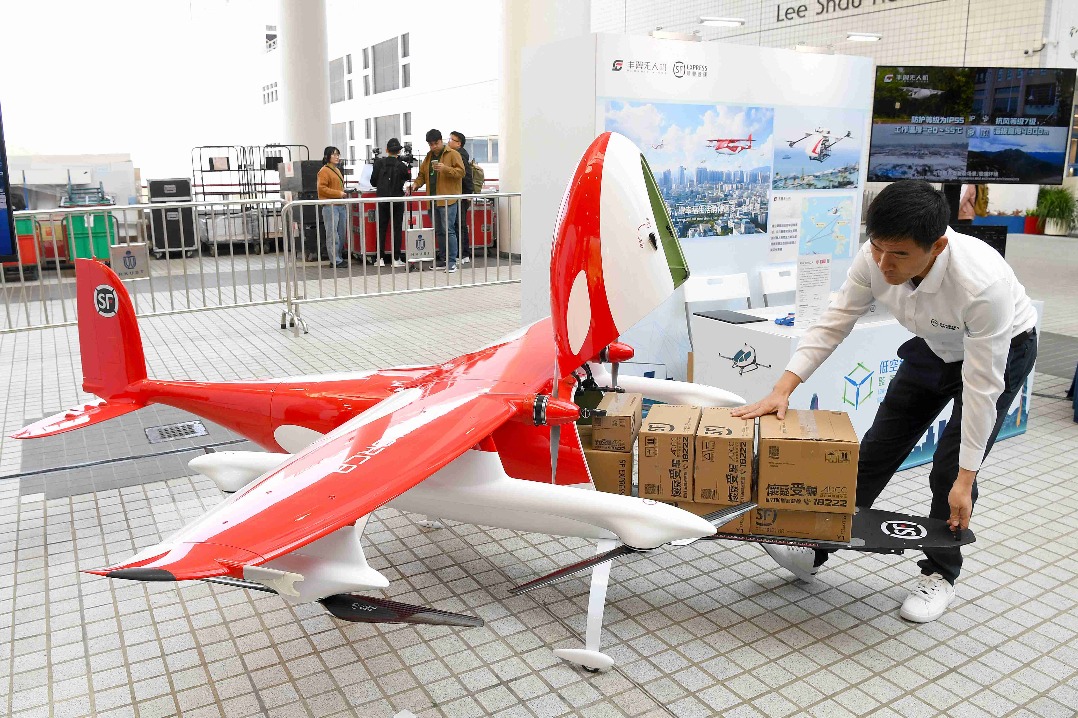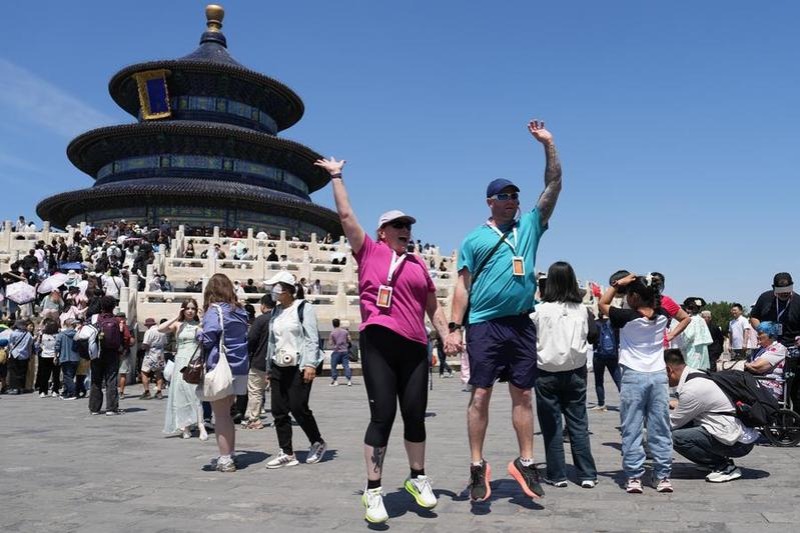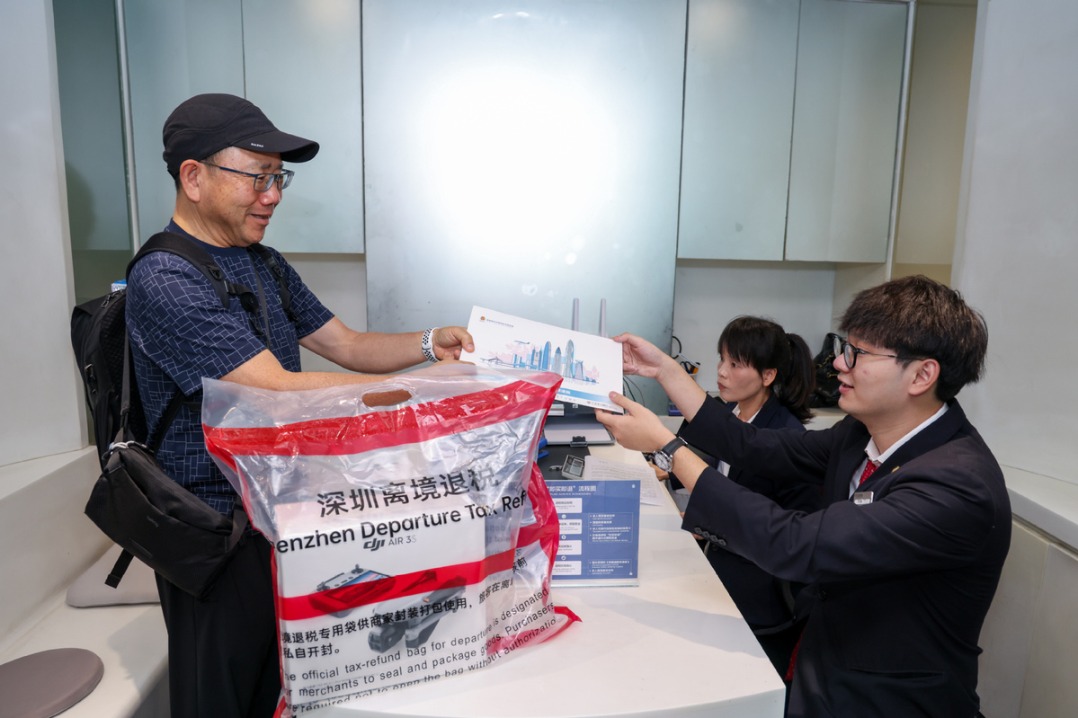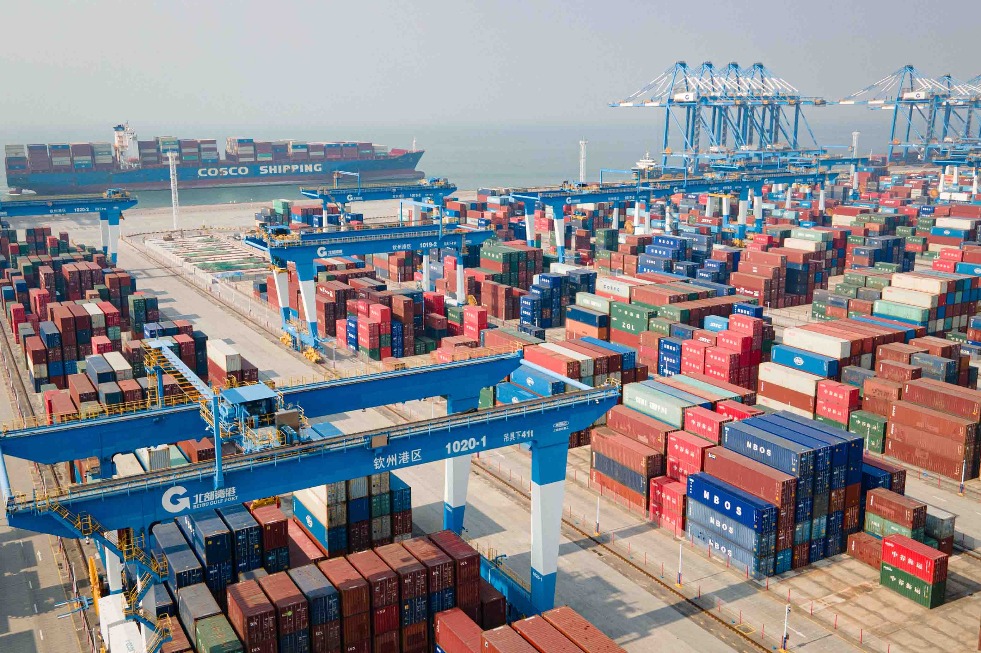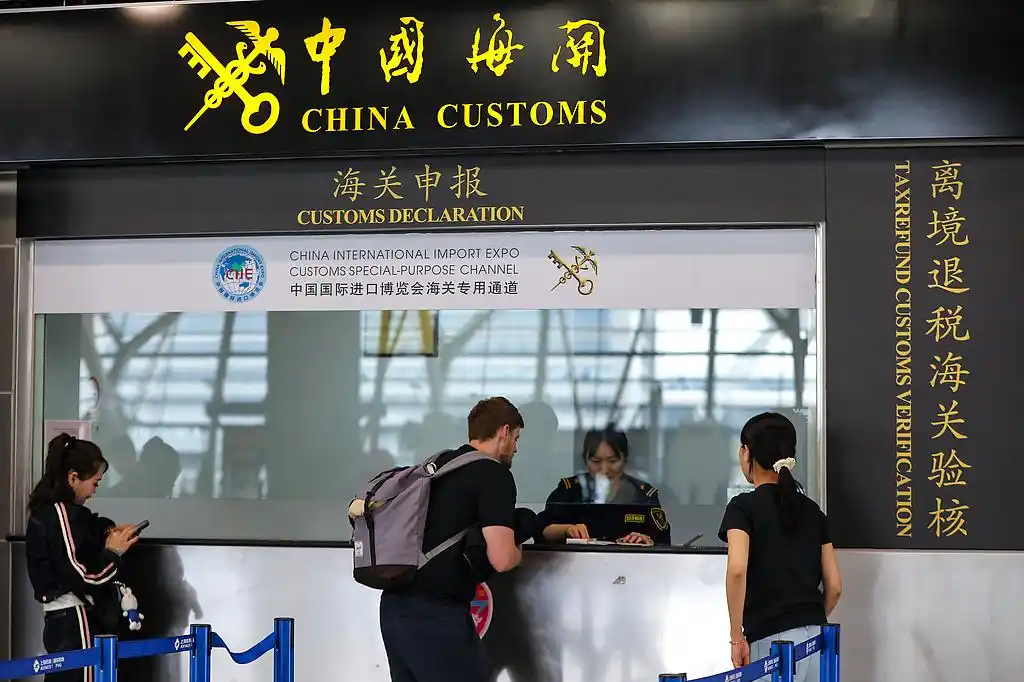Executives dive in for stress-busting water pressure

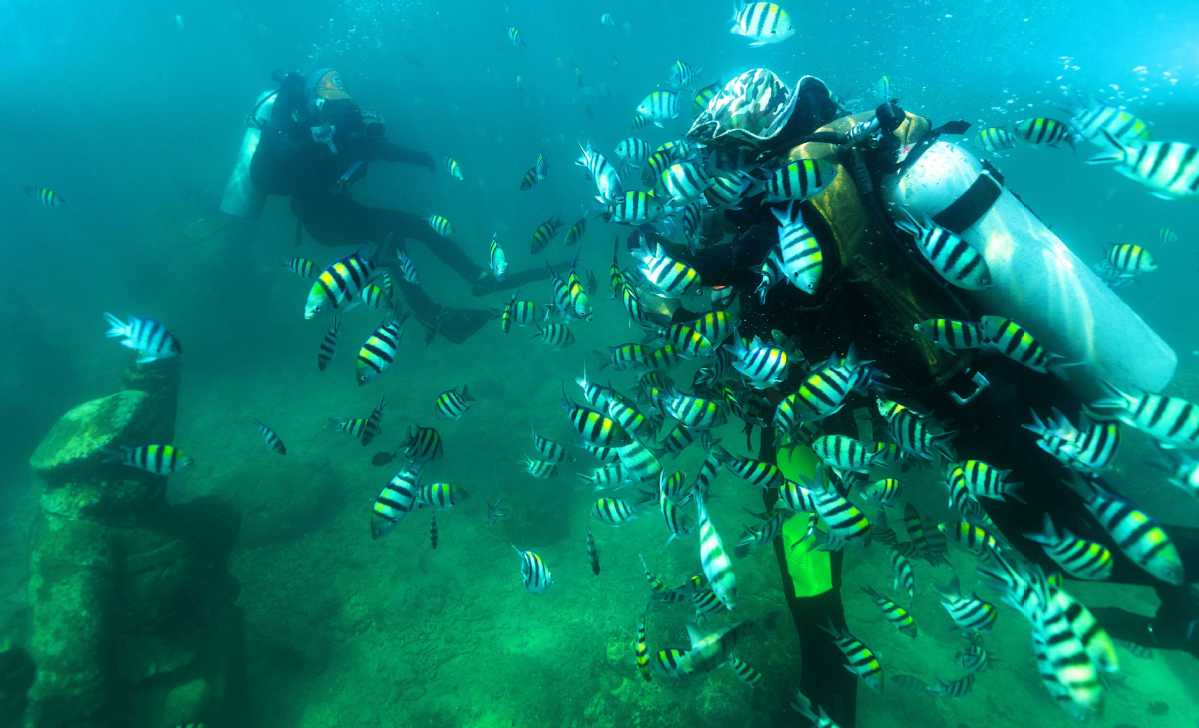
Urban lifestyle, hectic careers, efforts for work-life balance and a desperate need for an escape from it all - many businesses have sought to monetize that need ... through gyms, yoga studios, customized tourism packages, cruises, and so on. Now, undersea diving is emerging as the preferred option for some executives.
Xu Jie heads a Shanghai-based firm and regards himself as an expert diver. He has gone undersea more than 70 times. "By hiding under water, I find peace, which is a luxury in the city."
His firm offers industrial solutions and deals with clients and original equipment manufacturers across China, the United States and Southeast Asia. His smartphone tends to be hyperactive 24x7. Tonnes of urgent email flood his inbox through the day. Life can get overwhelming, he said.
"But diving helps. What I enjoy the most about diving is it isolates you from your daily life. It's an absolute escape from all the phone calls and business email," he said. "When I'm under water, no one can bother me anymore. The only thing I can hear is my own breath and you can't reach me, and I can't write you back even if I want to. It's a mindfulness meditation, absolute peace."
Agreed a Filipino diving master who prefers to identify himself by his first name James. He also works as an underwater tour guide at Malapascua, an island north of Cebu in the Philippines in a Chinese-run diving center called Fish Brothers.
James said the growing number of Chinese diving enthusiasts have given the local residents in Cebu a steady income. During the peak season spanning April-September, he had four to six Chinese people practicing three dives a day each. Each dive would last around 40 minutes, and could cost around 1,400 pesos ($74). His cut out of it could be 10 to 20 percent, excluding tips from customers.
He is saving so as to afford a certification program that would help upgrade him from a dive master to a master scuba diver trainer. With that additional qualification, he would be able to teach students and earn more.
The Professional Association of Diving Instruction, which formulates standards for diving and issues diving licenses to qualified players and trainers, said the Chinese customers still account for a very low percentage of the global visitors to the island.
"Chinese divers count for 1 percent of the total number of people going to islands," said Lou Yanze, president of PADI's China branch. "We hope to promote diving among more Chinese tourists. We aim to issue 500,000 certificates in China in the next five years, which means the number of divers will grow by 500,000 annually."
















